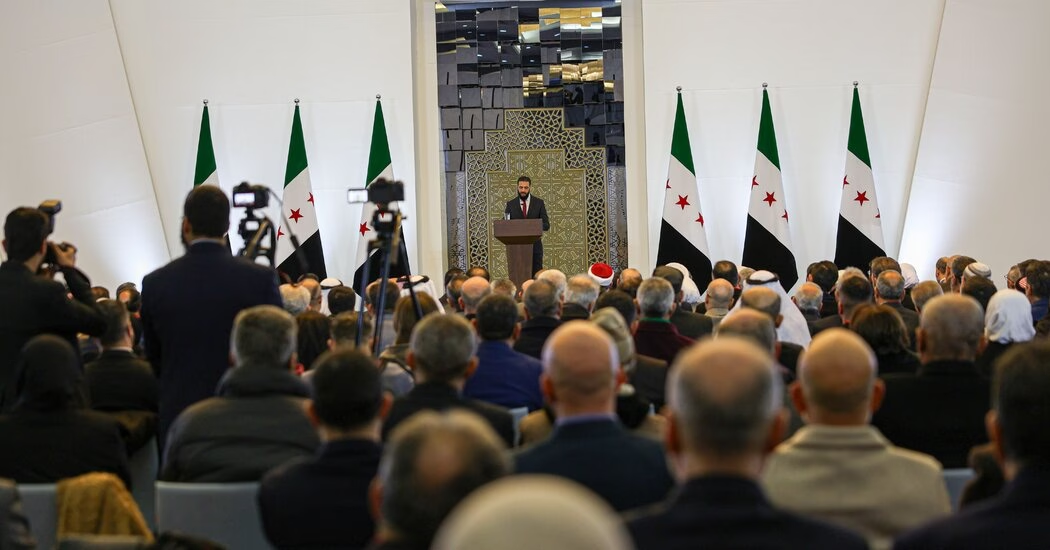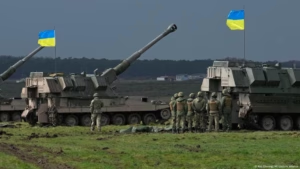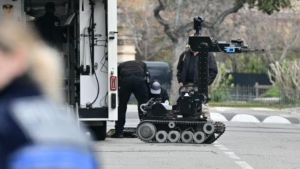| Column | Content |
|---|---|
| companionColumn-0 | The conference aimed at establishing a representative government in Syria was seen as a disappointment for some who hoped for genuine inclusion from the new Islamist rulers. Law professor Ibrahim Draji questioned the transparency and criteria of the invitee list at the conference. Draji, a professor for 22 years, believes the conference was not a real national dialogue. |
| companionColumn-1 | Participants had high hopes for the conference at the presidential palace in Damascus to shape Syria’s new political chapter. Despite the promise of creating a representative government after ousting Assad, the conference was hastily organized and excluded key groups like the U.S.-backed Kurdish-led militia. |
| companionColumn-2 | The conference’s recommendations, including respect for personal freedoms and women’s rights, lacked binding force and unclear impact on the government. |
| companionColumn-3 | Syria is in a transition after over 50 years under Assad’s rule with President Ahmed al-Shara facing challenges in governance and international recognition. The conference reflects the urgency for a functioning government and financial aid, but some question the political process’s legitimacy and inclusion. |
| companionColumn-4 | The rush to form a new government has led to questionable efforts that undermine legitimacy of the political process among Syrians. |
| companionColumn-5 | Many Syrians hoped the fall of Assad would bring democracy, but expectations for change have diminished as Al-Shara consolidates power. Analyst Ibrahim al-Assil decries the downgrading of initial promises for a more democratic Syria. Yet, some Syrians see any political involvement as a welcome shift after years of conflict. |
| companionColumn-6 | Ophthalmologist Dana Shubat from Damascus sees the conference as a chance for political participation, despite the criticism. Event spokespeople assert that this is the start of a continued and inclusive dialogue involving various experts. However, there is no detailed plan for the continuing dialogue, constitution drafting, or transitional justice. |
| companionColumn-7 | President Al-Shara emphasizes unity and rebuilding, but his rhetoric shades away from earlier promises of inclusive governance. Conference participants also denounce Israel’s military actions in southern Syria, with airstrikes targeting military sites. |
| companionColumn-8 | Israeli Prime Minister Benjamin Netanyahu asserts no Syrian forces in southern Syria, but how Damascus will respond is unclear. The formation of an interim government will be a significant test for Al-Shara, reflecting his willingness to work inclusively with Syrians. The government’s composition will be crucial in demonstrating an openness to all Syrians. |
Source: https://www.nytimes.com/2025/02/26/world/middleeast/syria-national-dialogue-conference.html





